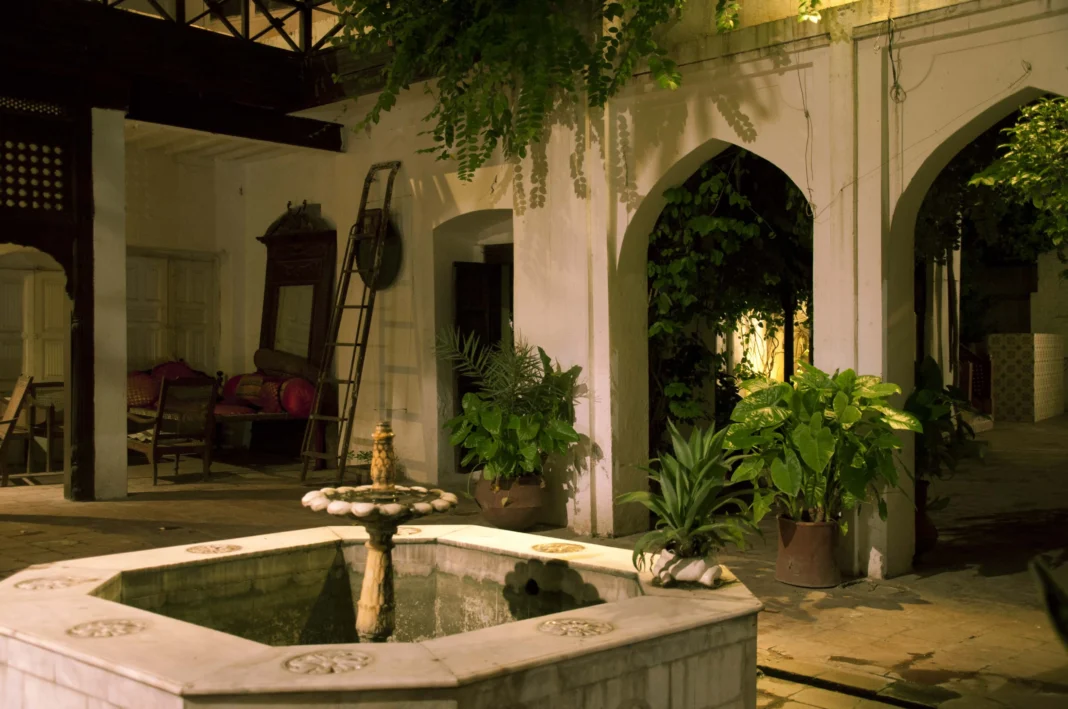Iraq has taken another step toward preserving its cultural heritage by awarding a $743,964.88 contract for the restoration of a landmark site in Mosul. The selected contractor, Reyaza Group Company for General Contracting Ltd, will lead the reconstruction of this historic structure through a project backed by international cooperation and national oversight.
The project focuses on a site known for its architectural and historical significance. This building, located in Mosul’s old quarter, served multiple roles during its existence. It functioned at different times as an armory, a depot for books, and a general storage center. Because of its diverse past and unique design, restoring it has become a key cultural objective.
Barood Khana, the name of this Ottoman-era structure, holds symbolic value for Mosul’s residents. Over the years, conflict and neglect damaged the site extensively. Today, efforts to rebuild it not only aim to preserve history but also to revitalize the area. As the restoration begins, both government officials and local leaders expect broader economic benefits.
Reyaza Group will carry out the restoration using authentic materials and time-tested construction techniques. Skilled local workers, including masons, carpenters, and engineers, will play central roles in the process. In doing so, the project provides income opportunities for local families and contributes to the community’s workforce rebuilding efforts.
Moreover, the rehabilitation of Barood Khana reflects a broader shift in Iraq’s cultural investment strategy. Authorities are prioritizing projects that combine heritage conservation with local development. By focusing on both historical value and economic impact, Iraq aims to transform neglected sites into sources of pride and productivity.
Cultural tourism could also gain from this initiative. Restored landmarks often attract both domestic and international visitors. In turn, small businesses such as tour operators, cafes, and souvenir vendors may benefit. Restoring Barood Khana, therefore, could create long-term growth far beyond the construction phase.
Public response has been largely positive. Community members see the restoration as a sign of progress and renewal. After years of loss, the city is now witnessing tangible investment in its identity and economy. The project encourages other heritage initiatives and raises awareness about the importance of cultural preservation.
Furthermore, this investment supports Iraq’s cooperation with global institutions focused on education, science, and culture. Although local teams will lead the physical restoration, technical and advisory support will ensure adherence to international conservation standards.
Barood Khana will likely serve as a blueprint for future projects. Its restoration demonstrates that Iraq can successfully merge tradition with development. By preserving the past, the country also creates opportunity for the future.
With clear goals, qualified teams, and local engagement, the project offers hope and momentum. As the city rebuilds, every step, especially one involving history, matters.





